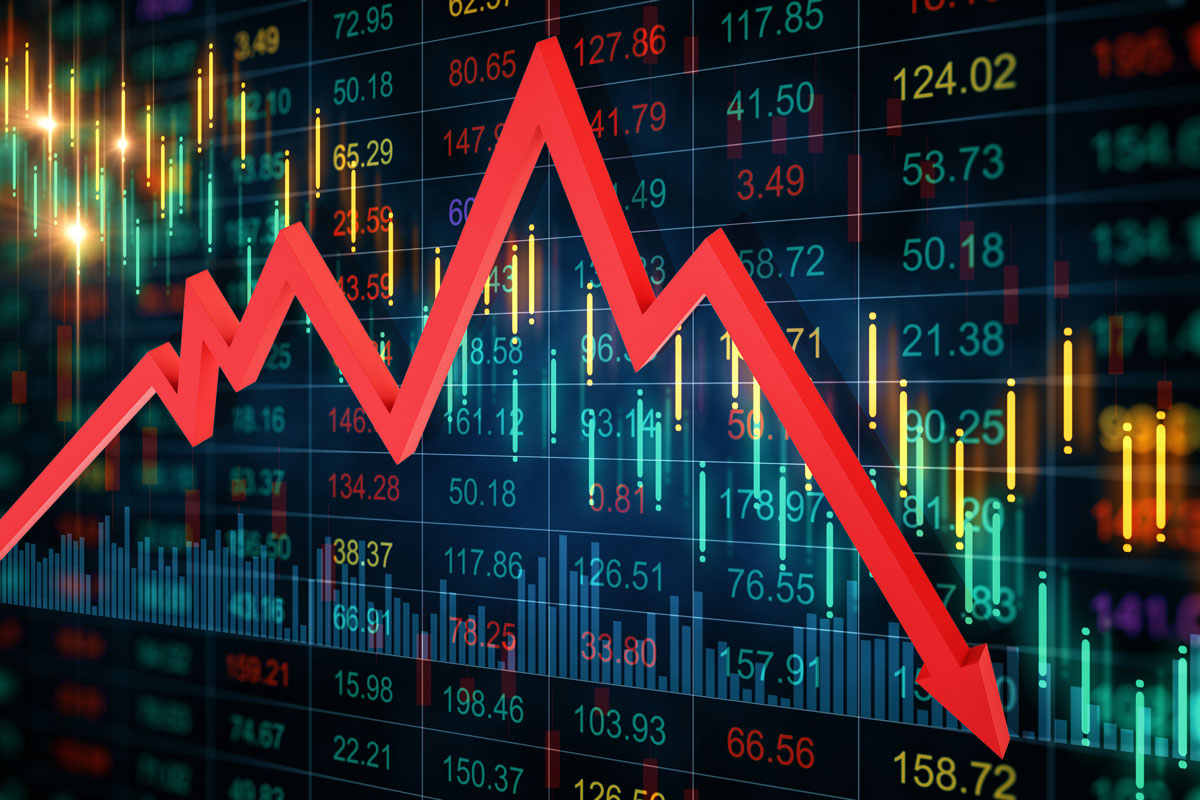August has brought a fresh wave of anxiety to investors as headlines like “Stocks sink with dollar, Treasuries volatile on recession fears” dominate the news. The stock market has tumbled repeatedly, driven by concerns over a weakening U.S. economy and overbought tech stocks. Disappointing economic data, including weaker-than-expected job reports and shrinking manufacturing activity, have heightened fears of an impending recession, leading to increased market volatility.
This challenging economic backdrop has made tech stocks particularly vulnerable. Many were already seen as overvalued after years of significant gains, especially in the AI and cloud sectors. The situation worsened with high-profile setbacks in the tech industry. Significant layoffs at Intel and a massive global IT outage affecting millions of computers added to the broader sell-off. Nvidia’s announcement of delays in AI chip production due to design flaws further rattled investor confidence, shaking a sector that had recently led the market.
The "Magnificent Seven" tech giants—Nvidia, Apple, Meta, Amazon, Microsoft, Alphabet, and Tesla—have collectively lost about $2.3 trillion in market value since their peak in July. While some analysts describe this as a "healthy correction," the volatility is expected to persist in the short term.
This sell-off hasn’t been confined to the U.S. Global markets have reacted sharply, with Japan's Nikkei 225 index experiencing its steepest drop since the 1987 crash. The international nature of the tech sector means that setbacks in U.S. tech stocks are felt worldwide, contributing to the broader market downturn.
The timing of these market disruptions, occurring during August—a historically volatile month—has only amplified their impact. Investors now face a convergence of factors that shake confidence in the sustainability of current market levels, particularly in the tech sector, where valuations have soared to unprecedented heights in recent years.
Now, investors are left pondering a central question: Is this a temporary correction or the beginning of a more sustained downturn? If economic data continues to disappoint, especially in the U.S., and if tech companies report further setbacks, the market could experience a deeper and more prolonged sell-off. While aggressive rate cuts by central banks, particularly the Federal Reserve, could stabilize markets in the short term, underlying economic challenges may persist, keeping volatility high.
Although the initial panic that sparked last week’s significant volatility in U.S. stocks appears to have subsided, underlying uncertainty may persist. Wall Street's key measure of investor fear, the Cboe Volatility Index (VIX), has retreated sharply after closing at a four-year high. Meanwhile, the S&P 500 has rebounded by 3% from last week's lows, indicating a temporary recovery in investor confidence. This shift could lead to a more pronounced separation between winners and losers in the tech space, with companies unable to meet lofty expectations seeing their valuations continue to erode.
.png?width=1816&height=566&name=brandmark-design%20(83).png)



